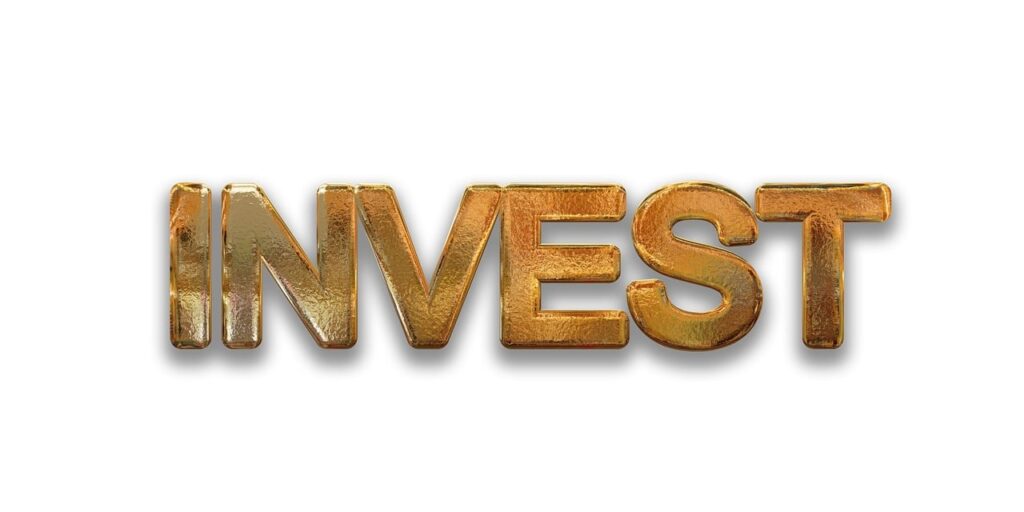Why The Best Example We Can Set Future Business Owners Is To Focus On Hard Work, Not Exam Success
Exam results should not be a barrier to setting up a successful business. That is according to Chris Turton who, despite leaving school at the age of 13 now runs a £1 million business which continues to expand.
Chris runs Ecommerce Intelligence, which works with over 50 businesses including Organix, NikWax and Mornflake.
But, Chris, who launched his business from the table of his local Starbucks, setting up shop after his regular 9-5 job ended, believes that young entrepreneurs should focus less on academic achievement and more on building a clear vision of what they want to achieve in business.
“I dropped out of school when I was 13 because of really poor behaviour and poor results and something of a defiant attitude towards authority,” says Chris.
After being homeschooled but ending up with no qualifications, Chris went to college to study music. Not because this is where he saw his future, but for “something to do”.
Chris eventually found his way into work with a digital agency. It was while here that he realised what he wanted to do with his career.
“I didn’t really get on with the way they did things because it felt like it was more about making money for the agency rather than providing any value for the clients and their businesses,” says Chris.
“In business, that is obviously your core goal, but I’ve always felt there is a more holistic way to achieve that. I ended up leaving after about three weeks, because I argued against the way they did things.
“It was quite disheartening, but it led me to realise what I wanted. I was already good at ecommerce and managed to get a job as an ecommerce manager. That taught me a lot about logistics and fulfilment processes which I hadn’t fully appreciated before. Eventually I started thinking ‘I could do this myself’”
“That’s one of the biggest pieces of advice I could offer to aspiring entrepreneurs. Success is as much about maximising every experience and the skills that you can gain from them than it is about focusing on gaining qualifications.”
It was then that Chris put his hard work ethic into practice, describing it as “the hardest part of my professional life”.
“I was leaving home at 7.30am, working a full time job, which included managing a couple of people, leaving work at 5pm and then setting up in my local Starbucks at 5.30pm and staying there until they closed at 8pm with the staff putting the chairs up around me.
“I’d take my lunch break in my car to do sales calls and take holidays to travel by train to see clients in Glasgow one day and Hastings the next.
“It was a case of saying to myself, if I’m all in with this I need to go for it with everything I have.
“There’s a huge focus, particularly since the pandemic on work/life balance and it’s incredibly important, but when you start a business, it’s important to remember there really isn’t much of that and you have to accept it for what it is. Hard work pays off, and that’s an attitude that we need to impart with the next generation of business owners.
Chris’s overriding tip for starting a successful business is perseverance, likening it to playing a difficult computer game.
“You play a game which is incredibly hard and you keep getting killed over and over again, but you know it’s not impossible,” he says. “So you get killed 50 times and then on the 51st try, you succeed.
“What happens when a lot of people start a business is they hit a hurdle and say: ‘I can’t do this’, and they quit. But the enjoyment, in a kind of masochistic way, is looking at the problem and seeing what you can learn from it and what you change to get past it.







